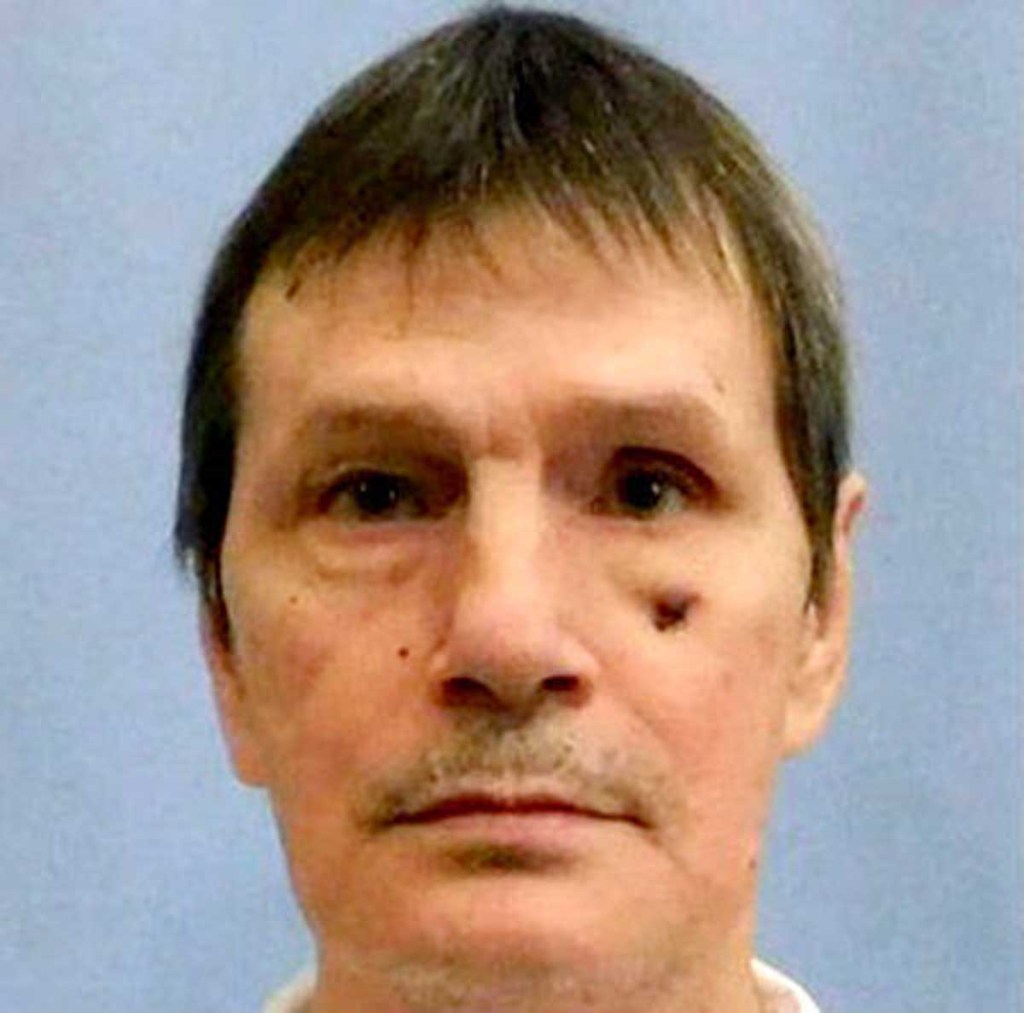Supreme Court delays execution of Alabama man convicted of killing Cullman motel clerk
Published 6:00 pm Thursday, February 22, 2018

- Doyle Lee Hamm
MONTGOMERY, Ala. — The U.S. Supreme Court has delayed the lethal injection of an Alabama inmate as it considers his request to block the execution.
Justices issued the temporary stay at 6 p.m. Thursday, the same time that Doyle Lee Hamm was scheduled to be executed. The court will decide later whether to let the execution proceed Thursday evening.
Hamm’s attorney argued that lymphoma and past drug use have damaged his veins too much for a lethal injection. Alabama prison officials have told the courts that they plan to connect the intravenous line to usable veins in Hamm’s lower extremities.
Hamm was convicted in the 1987 killing of motel clerk Patrick Cunningham. Cunningham was shot once in the head while working an overnight shift at a Cullman motel. Police said $410 was taken during the robbery. Hamm gave police a confession and he was convicted after two accomplices testified against him in exchange for being allowed to plead guilty to lesser offenses, according to court documents.
The state of Hamm’s health, and veins, were the subject of court filings as his attorney sought to stop the execution and the state argued it should proceed.
His attorney said Hamm’s veins had been severely compromised from cancer, hepatitis C and former drug use and there was a significant risk the injection of large quantities of lethal drugs would blow out his vein during the execution.
Bernard Harcourt, Hamm’s attorney, wrote that Hamm’s health problems increase the “chances of a botched, painful, and bloody execution.”
Hamm was diagnosed with B-cell lymphoma in 2014. His attorney argued there was evidence that the blood cancer had progressed, while the state contended he was in remission.
State prison officials told courts last week that they intended to connect the line to a vein in his hips, legs or feet after a medical review ordered by a federal judge found that Hamm had no easily usable veins in his upper extremities.
The Alabama attorney general’s office argued that the execution should proceed.
“It has been established that he has sufficiently large, unobstructed veins for a lethal injection,” state attorneys wrote in a response filed with the U.S. Supreme Court.
Executions are also scheduled to take place Thursday in Texas and Florida.
Thomas “Bart” Whitaker, 38, is on death row for masterminding the fatal shootings of his mother and brother at their suburban Houston home in 2003. Whitaker’s father, Kent, says he forgives his son, and the state parole board recommended that Gov. Greg Abbott commute the sentence to life in prison. But Abbott is free to let the death sentence be carried out.
In Florida, barring a last-minute stay, 47-year-old Eric Scott Branch will be put to death by lethal injection in the 1993 rape and fatal beating of a college student. Branch was sentenced under Florida’s old capital punishment system, which was ruled unconstitutional by the U.S. Supreme Court. However, the Florida Supreme Court ruled that the state’s new system of sentencing does not apply to inmates sentenced to death before 2002.





